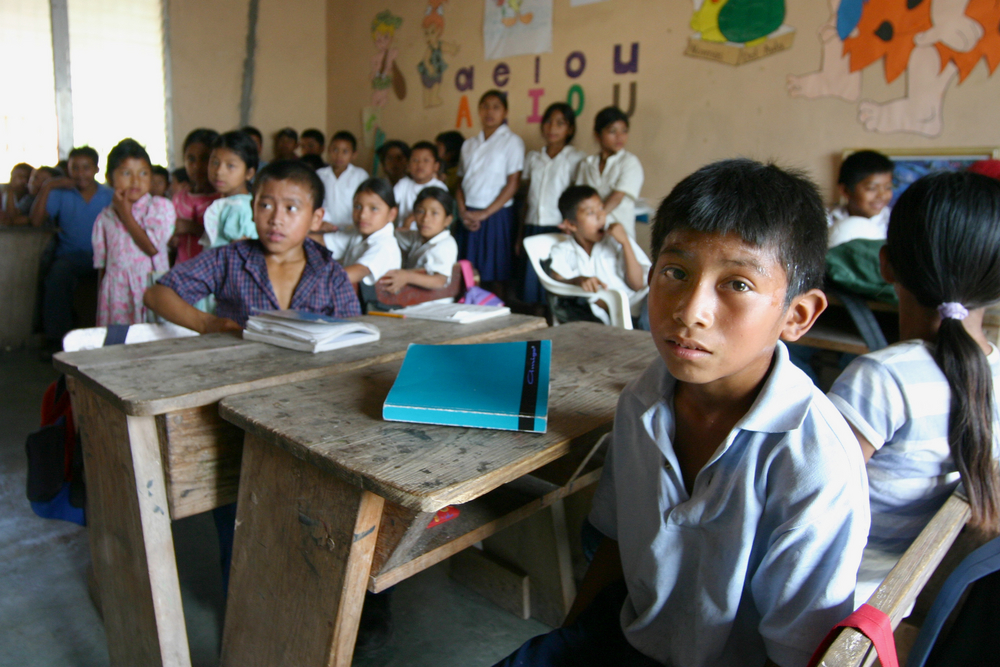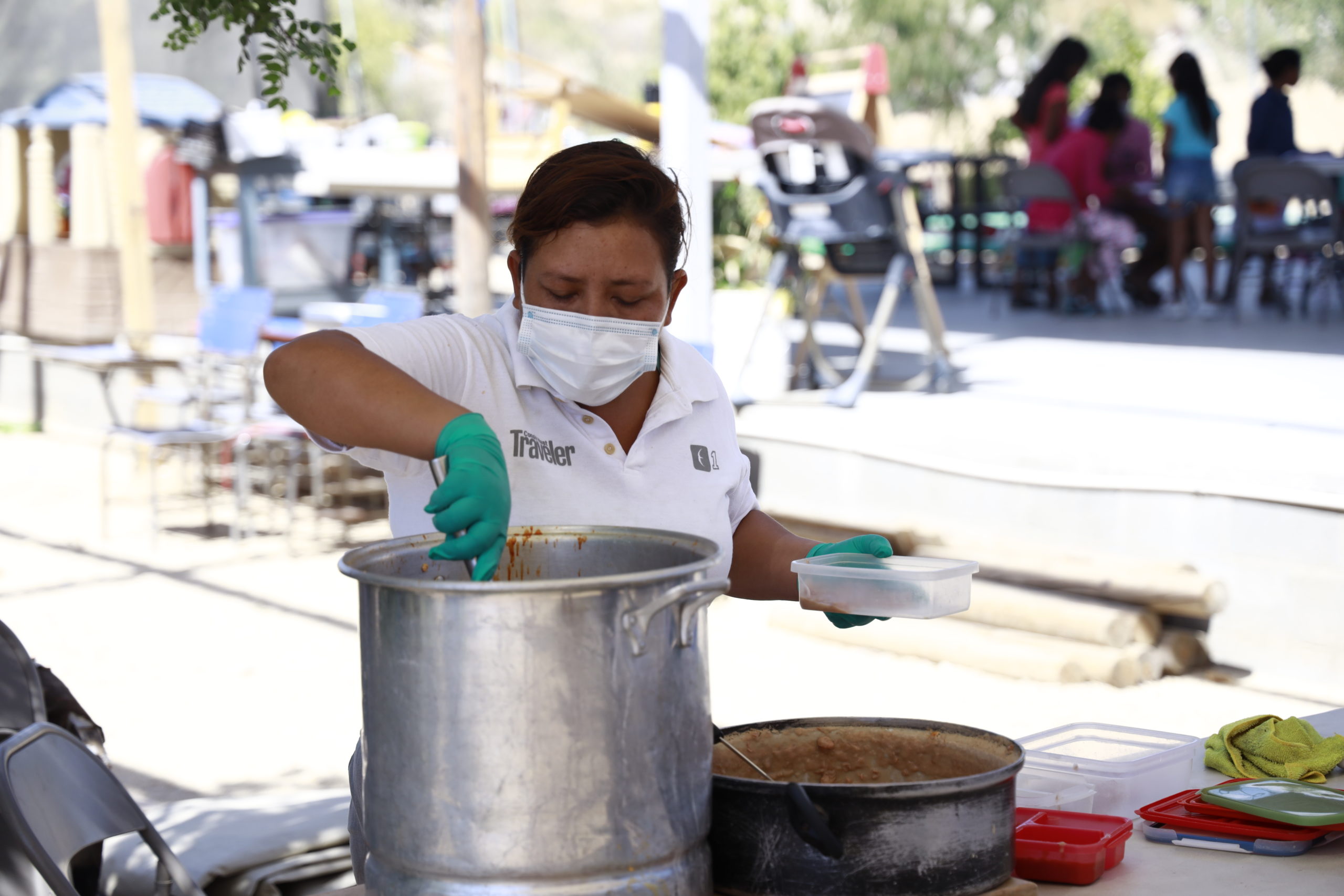

Getting to know ICF grantees working on Food Security in BCS

This has been a roller-coaster of a year to say the least, one that has exposed cracks in our food systems and left many without the means to put nutritious meals on their tables. At the same time, we have seen unprecedented community solidarity and mobilization around food security in BCS, as well as a collective re-envisioning of a healthier, more equitable regional foodshed.
To support this ambitious "re-emergence," ICF has been rapidly building the capacity of the BCS Food Security Alliance, an initiative we have been incubating over the last 7 years to increase access to fresh, healthy food, improve community health and resilience, and promote sustainable local food production. The Alianza para la Seguridad Alimentaria de BCS (ASA) is positioned to be hub for united action, creative, long-term solutions, research and support for “cultivating health food systems.”
As the economy in BCS slowly recovers, need continues. Food assistance groups like soup kitchens and children's lunch programs are attending 50 to 70% more people than they did before April. ICF remains committed to supporting immediate food needs via the BCS Food Security Alliance network, while strengthening initiatives that help address the root causes of food insecurity and stimulate the local economy. You can find updates from organizations making this inspiring work happen below. You can also learn more by watching the ICF BCS Food Security Update Webinar hosted on December 9th (Access Passcode: BCSFoodSecurity.1).
Here are a few of the outstanding food security organizations that ICF has supported over the past year:
Alianza para la Seguridad Alimentaria de BCS (ASA)
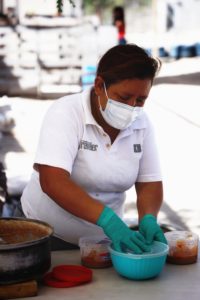
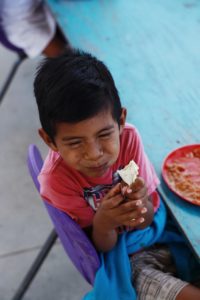 ASA, together with partners like Raíz de Fondo, is currently supporting 72 food assistance groups including soup kitchens and organized neighborhood collectives with donated, purchased and “rescued” food on a weekly basis, providing fresh, nutrient-rich ingredients to support over 6,000 people in municipalities of La Paz and Los Cabos. This coordinated aggregation and distribution of food provides a much-needed service due to the lack of a formal food bank in the state, and goes far to helping these groups stretch resources as they extend their support to an increased population. ASA plans to continue to strengthen and systematize this effort as an “agile” food bank next year
ASA, together with partners like Raíz de Fondo, is currently supporting 72 food assistance groups including soup kitchens and organized neighborhood collectives with donated, purchased and “rescued” food on a weekly basis, providing fresh, nutrient-rich ingredients to support over 6,000 people in municipalities of La Paz and Los Cabos. This coordinated aggregation and distribution of food provides a much-needed service due to the lack of a formal food bank in the state, and goes far to helping these groups stretch resources as they extend their support to an increased population. ASA plans to continue to strengthen and systematize this effort as an “agile” food bank next year
The team is currently wrapping up a series of assessments of the Agriculture and Food Landscape of BCS, as well as focus groups with community members in low-income neighborhoods. Grounded in what the communities have shared through this engagement process, ASA plans to promote sustainable livelihoods for small producers by facilitating connection to attractive local markets; design programing that promotes community health and resilience such as nutrition and healthy cooking courses in low-income neighborhoods; work with community food assistance groups to strengthen their operational procedures; and serve as resource centers.
Raíz de Fondo
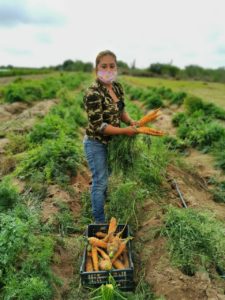 Raíz de Fondo has been able to quickly and successfully adapt their programming this year to support food security needs in La Paz, as well as creatively continuing to provide their educational programming. Since January, they have “rescued” more than 140,000 tons of food that would have otherwise been wasted, benefiting more than 4,000 people. In the last several months, they have further leveraged the food they rescue, as well as fresh produce from their gardens, by preparing meals with a local soup kitchen that lost funding during the pandemic, sharing new healthy and creative recipes in their outdoor kitchen.
Raíz de Fondo has been able to quickly and successfully adapt their programming this year to support food security needs in La Paz, as well as creatively continuing to provide their educational programming. Since January, they have “rescued” more than 140,000 tons of food that would have otherwise been wasted, benefiting more than 4,000 people. In the last several months, they have further leveraged the food they rescue, as well as fresh produce from their gardens, by preparing meals with a local soup kitchen that lost funding during the pandemic, sharing new healthy and creative recipes in their outdoor kitchen.
Their school garden program has been adapted to grow backyard gardens this year by accompanying video tutorials with seed and tool kits for teachers and students. As the community gardens remain mostly closed, outreach coordinators have been providing gardening and healthy cooking courses online to the public and to other nonprofits interested in supporting community garden projects.
Te Invito a Comer
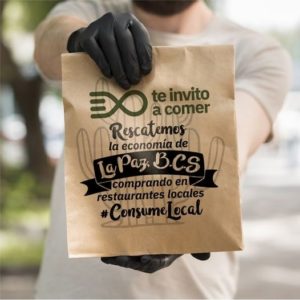 The La Paz-based nonprofit, Red Turismo y Desarrollo Sustenable, has been able to successfully leverage their small business development skills this year by launching “Te Invito a Comer,” a La Paz-based project promoting the economic reactivation of small and medium restaurants, while providing balanced, healthy meals to an elderly and disabled population at high risk of COVID-19.
The La Paz-based nonprofit, Red Turismo y Desarrollo Sustenable, has been able to successfully leverage their small business development skills this year by launching “Te Invito a Comer,” a La Paz-based project promoting the economic reactivation of small and medium restaurants, while providing balanced, healthy meals to an elderly and disabled population at high risk of COVID-19.
The group recently graduated the first pilot cohort of 7 restaurants who were at the brink of closing their doors this summer. After 8 weeks in the program, these businesses were able to regain their pre-pandemic economic status and are now debt-free. To support sustained economic stability, project coordinators created a business development curriculum including; simple accounting, menu diversification and planning, social marketing strategies and biosecurity protocols. A directory of these and similar family-owned restaurants in La Paz can be found on the Te Invito a Comer website.
After proving success in the pilot phase, Te Invito a Comer is ready to begin scaling. They hope to accompany a cohort of 5 restaurants every 4 months for a total of 15 per year. Each restaurant will be guaranteed sales one day a week to support a population unable to prepare meals on their own, and for many of whom, this is their only meal a day.
Community Food Assistance Groups
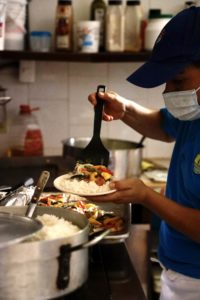 Southern BCS is home to 72 food assistance groups such as formal soup kitchens, nonprofits complimenting community programming with meals for children, and organized neighborhood collectives that help distribute food to those that need it most. Several of ICF's Friends of Funds provide these services as well as health, wellness, education and professional development programming to the communities they serve.
Southern BCS is home to 72 food assistance groups such as formal soup kitchens, nonprofits complimenting community programming with meals for children, and organized neighborhood collectives that help distribute food to those that need it most. Several of ICF's Friends of Funds provide these services as well as health, wellness, education and professional development programming to the communities they serve.
Fundación Ayuda Niños La Paz, A.C. (FANLAP)
FANLAP’s learning center/library and meal program has successfully continued to provided support this year to children and their families in some of the lowest income neighborhoods in La Paz including; Marquez de Leon, Laguna Azul, Villas de Guadalupe and Vista Hermosa. In addition to helping students connect remotely with their teachers, in recent months, they have been providing hot meals daily to 130 kids, youth and increasingly elderly patrons.
Niños del Capitán
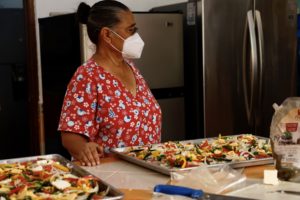 Niños del Capitán serves 4 meals a day to 90 children in their daycare program in Los Cabos for kids from single mother and working-parent homes in low-income neighborhoods in Los Cabos. In addition to programming for children, the organization offers support to parents such as counseling and workshops in areas such as nutrition and professional development
Niños del Capitán serves 4 meals a day to 90 children in their daycare program in Los Cabos for kids from single mother and working-parent homes in low-income neighborhoods in Los Cabos. In addition to programming for children, the organization offers support to parents such as counseling and workshops in areas such as nutrition and professional development
Sarahuaro
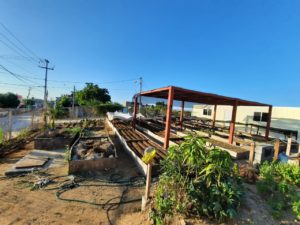 In addition to providing 100 nutritious breakfasts to 314 children in Cabo San Lucas, Sarahuaro has been reactivating their community garden project as well as exercise and mental health programming for women. They are working on opening a new soup kitchen in Caribe Bajo this year.
In addition to providing 100 nutritious breakfasts to 314 children in Cabo San Lucas, Sarahuaro has been reactivating their community garden project as well as exercise and mental health programming for women. They are working on opening a new soup kitchen in Caribe Bajo this year.
[wpad-comment-form id="883"]
Previous Post
Join Our Mailing List
Stay Connected with ICF
Be the first to get exclusive updates on
what ICF is doing to make a difference!
